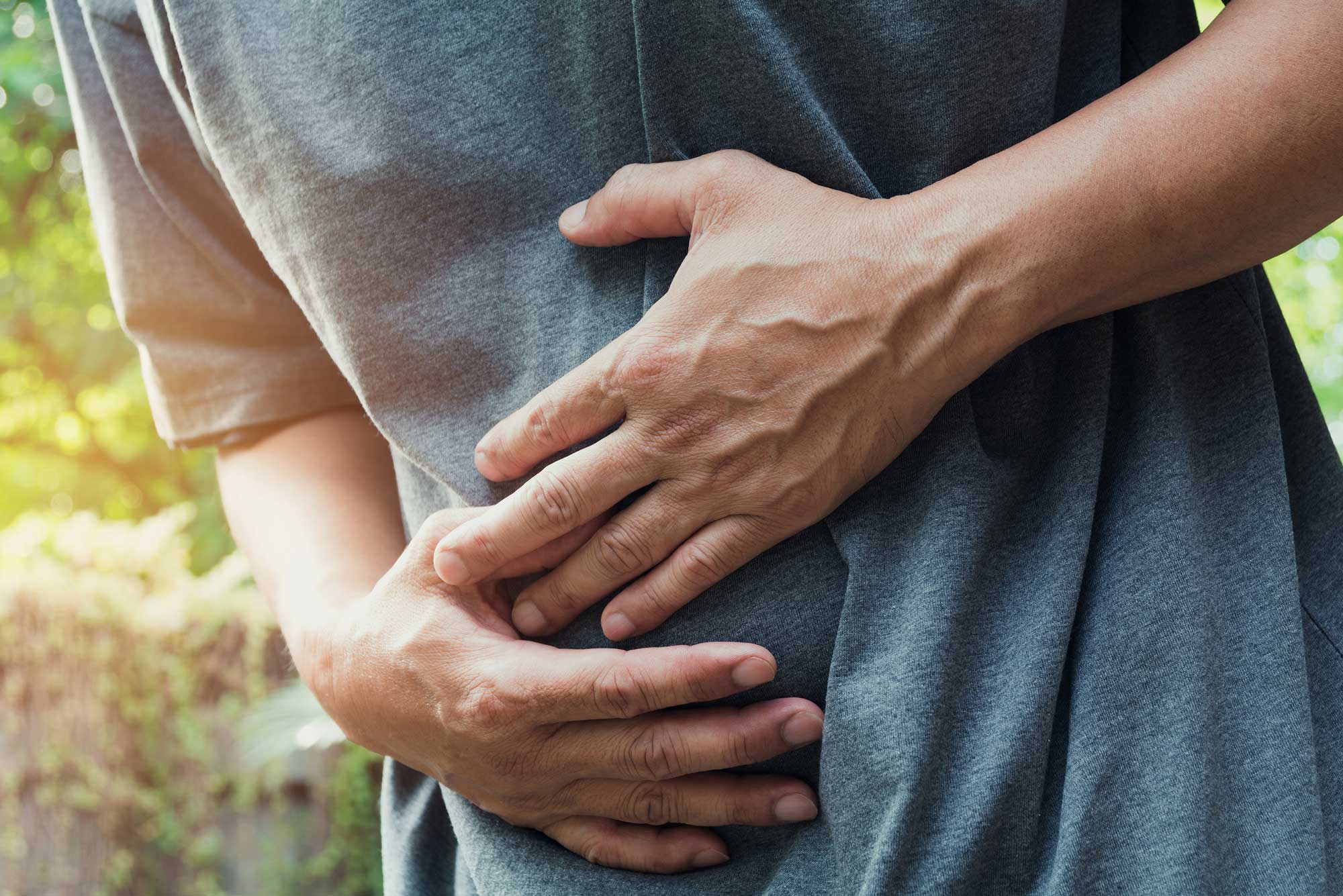- Home
- Digestive System
- Natural Ways to Treat Constipation
Natural Ways to Treat Constipation
- Constipation is the most common digestive disorder and a fifth of the population suffers from it.
- Low on fibers diet and a lack of fluids are the two most influential factors on constipation.
- There are supplements intended for support during constipation; make sure they don’t create long term dependency.

Constipation is the most common digestive disorder, more frequent in women and in older ages. What causes constipation? What does the natural approach say about prolonged constipation and why it’s important to treat it? you can read all about the factors and natural ways to help you deal with constipation in the following article.
20% of the population suppers from constipation.
According to the medical definition, constipation is a situation in which there’s bowel movement less than three times a week and a fifth of the population suffers from it.
As opposed to the conventional approach, neuropathy defines constipation when there is less than a bowel movement a day, making the percentage of the population higher.
Chronic constipation: why is it important to treat?
While constipation might be considered a symptom rather than a disease, when chronic it increases the risk of developing subsequent health conditions due to the pressure on the large intestine. The waste and toxins that aren’t being evacuated for several days built up in the large intestine, and some are even absorbed back into the blood. In some case, constipation comes with stomach aches, gasses, abdominal discomfort, low bowel movement rate and firm bowel movement that take a lot of effort.
What causes constipation?
There are several factors for constipation, mainly having to do with our drinking and eating habits. When it comes our eating habits, a diet low on fibers and a lack of fluids are the two most influential factors on constipation. In addition to those, the use of certain medications, hormonal changes, stress and restraint might also cause constipation.
The health trinity
There are systems in our body responsible for evacuating waste and toxins, ne of such systems is the digestive system, which in addition to its important role in breaking down and absorbing nutritional substances, is also responsible for evacuating waste. According to neuropathy, there are three vital aspects to health: nutrition, movement and drainage.
‘Nutrition’ – refers to everything we put inside out body: food and drink.
‘Movement’ – the importance of moving the body and strengthening it; physical activity.
‘Drainage’ – evacuating the waste from our body through the various designated systems.
Damaging any of the aspects will cause an imbalance and damage our health, and they are intertwined. In addition, there’s an importance to the person’s mental health and stress is one of the most influential factors also when it comes to constipation. According to this treatment method, our general health has a lot to do with the balance of our digestive system and especially the intestines, according to which we have to treat constipation as a condition for restoring balance and our basic health.
Tips to deal with constipation
In order to pave the way to normal, let’s go back to the health trinity from the world of neuropathy, which includes nutrition, movement and drainage. Relating to each one of these aspects will help us restore balance.
We’ve gathered 7 tips t help you deal with constipation:
Nutritional fibers
Research shows that a diet high on fibers contributes to regular bowel movements. Increase your intake of fruits, vegetables, whole grain, legumes and seeds. Nutritional fibers are divided into two types: insoluble fibers that cause the mechanical irritation of the intestinal wall and contribute to their movement, and soluble fibers that absorb large amounts of fluids, increasing excrement volume. The two types are beneficial in case of constipation as long as you drink enough water.
- Water
Drinking water is essential to treating constipation. Make sure to drink 8-12 cups of water a day. Drinking highly caffeinated drinks causes frequent urination, which is why coffee and tea don’t count.
- Physical activity
Physical activity is important in chronic constipation. It increases the movement of the intestines, improves blood flow and helps move the diaphragm. Even moderate physical activity, such as walking, might contribute to the condition, adding to all its other health advantages.
- Magnesium
The magnesium mineral is important for muscle relaxation, and since the intestinal wall is a smooth muscle, magnesium might help with cramping and constipation. The magnesium best used during constipation is called magnesium hydroxide, also known as “milk of magnesia”. It attracts fluids into the intestines (osmosis) thus softening the excrement.
- Herbs
There’s a variety of herbs and fruits that contribute to regulating your bowel movements. The most traditionally used common herbs act on several mechanisms: reducing gases, increasing intestinal movement and increasing volume. For instance, psyllium, fennel seeds, prunes, dates and more. It’s important to note that not all plants are safe to use for long and some might cause intestinal dependency.
- Supplements
The recommended supplements for support during constipation contain a combination of the right herbs, fruits and magnesium. It’s important to choose a supplement that its components don’t create dependency and also answers the accompanying symptoms such as bloating and gases. The advantage of such a supplement is the combination of several influence mechanisms and the fact it can be used for long without the fear of dependency or tolerance.
- Probiotics
The probiotic bacteria are essential for a healthy intestinal activity. Eating fermented foods and taking probiotic supplements might help maintain a balanced intestinal flora and regular intestinal activity.






